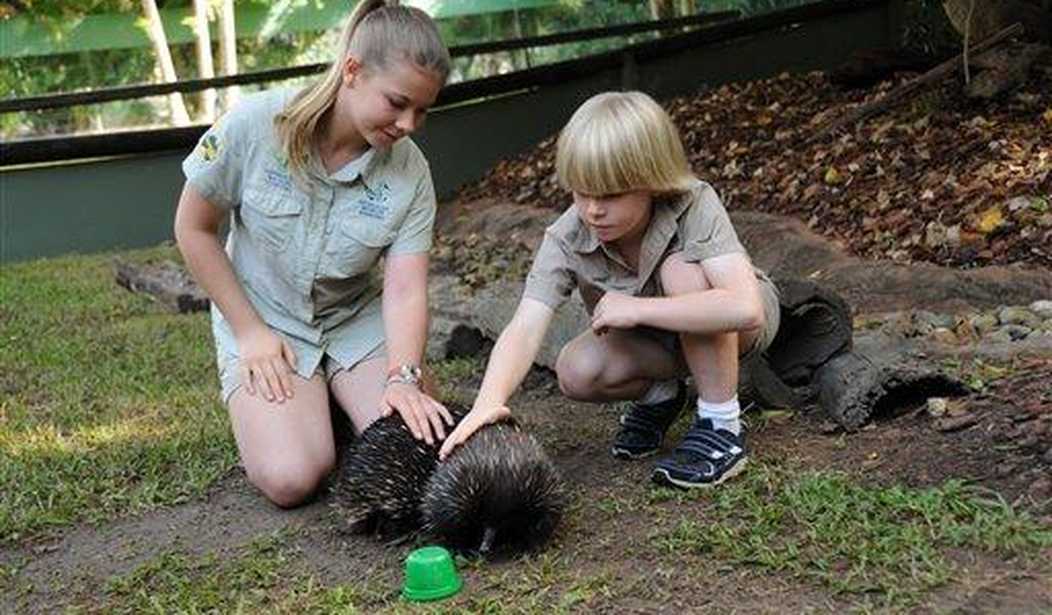Once in a while, it's good to see some news that's not horrible. To folks who are interested in biology, in particular field zoology, this is an interesting piece of news. In Indonesia, an independent biological survey team has recently reported a sighting of an endangered egg-laying (monotreme) mammal that has not been spotted for 60 years. Not an earth-shattering find, maybe, but an interesting one.
An expedition through an Indonesian mountain range led to researchers capturing rare video of an endangered species that hasn't been spotted in over 60 years.
Researchers with Expedition Cyclops were able to capture the first-ever photographic evidence of Attenborough’s long-beaked echidna, a critically endangered egg-laying mammal, in Indonesia, according to a report from NBC News.
The 25-person crew set out on a nine-week expedition, according to the report, with the crew facing scares such as malaria, earthquakes and one member having a leech stuck in their eye for 33 hours.
You have to admire the tenacity of these folks. Dedication is where you find it, and these researchers are surely dedicated to their tasks. Having a leech stuck in your eye for 33 hours? If that isn't cringe-inducing, I don't know what is.
The team also made some other significant finds, in addition to the echidna.
Finding the rare echidna was not the only goal of the expedition, with researchers returning from the journey with hundreds of new insects, two new species of frogs, and a new species of shrimp that lives on land, according to the NBC News report.
A monotreme is a primitive mammal of the order Monotremata, which includes the various species of echidnas and the platypus. The term "monotreme" is derived from the Greek words and translates as "single hole," referring to these animals having a reptile-like cloaca instead of the normal mammalian separation of reproductive and excretory orifices. Monotremes are the only mammals that lay eggs, and while they meet the basic mammal criteria of feeding their young with milk, they have no breasts or nipples as such, instead feeding their young with milk that oozes out of skin glands.
Here at RedState, we have, in recent weeks, seen several stories about people using wildlife to push a political agenda, and so forth; we've also seen some interesting bits on the behavior of some of Earth's more intelligent species. The long-beaked echidna isn't the subject of political maneuvering, it's not as "cool" and sexy as porpoises and grizzly bears, but speaking as someone who was educated in field zoology (B.S. in Biology, emphasis and independent research in animal behavior and field zoology) I find any such discovery (or re-discovery) interesting. The Earth has been and is host to millions of species, representing enormous diversity (the good kind) in form and behavior, and every odd little critter may not affect our day-to-day lives, but they are out there, and it's good that independent groups are willing to brave a pretty hostile jungle to bring us the news of these creatures. They are gathering knowledge, and in the words of the famed Emil Faber, founder of Faber College, "Knowledge is good."
You can learn more about Expedition Cyclops here.















Join the conversation as a VIP Member